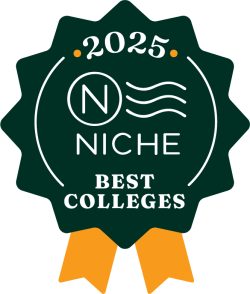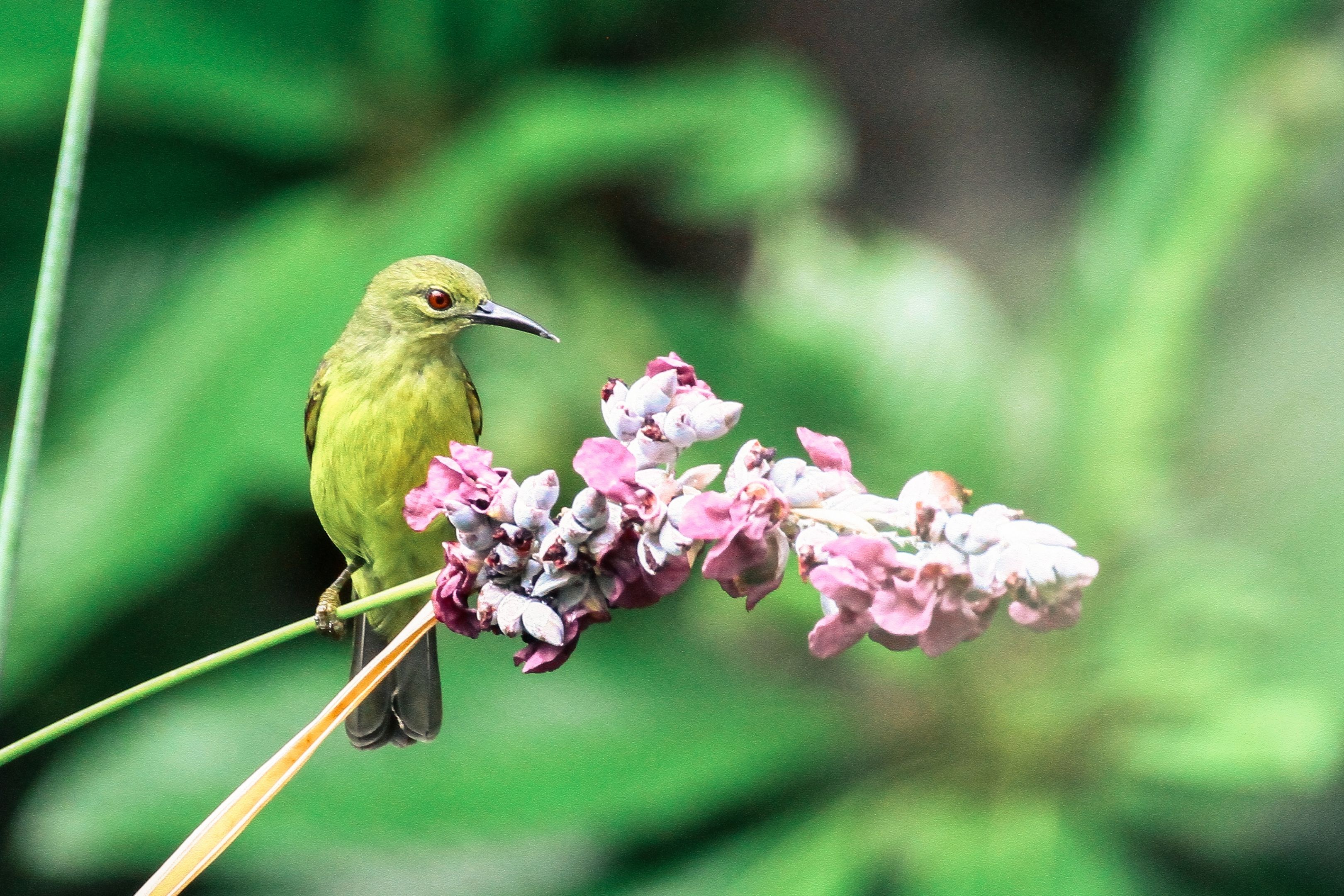Understand the Natural World with Our Degree in Conservation and Environmental Biology
Are you passionate about our environment, understanding how it works, and taking care of it? Our Bachelor of Science in Conservation and Environmental Biology is an incredible opportunity for you to earn a degree and learn more about the environment. Liberty’s environmental biology major can help you gain an understanding of how humans have impacted ecosystems as well as teach you how to analyze animal patterns, soil samples, and more.
Our goal is that you better understand how our actions as humans impact the world around us. You will study the effects of pollution and work alongside organizations such as the National Institutes of Health to see the environmental impacts of new developments. Maybe you’ll go on to work in environmental law and policy or test water samples to ensure that they are safe. With our environmental and conservation biology degree, your options for studying and changing the world around you are limitless.
So what are you waiting for? Environmental biology is a thriving field that is in constant need of enthusiastic, passionate, and well-trained professionals. Our conservation degree can help prepare you to excel in this field and pursue an exciting career.
Award-Winning Campus
At Liberty, you’ll find an affordable, high-quality education that equips students like you for the real world. Our commitment to excellence helped us rank among Niche.com’s Top 3 college campuses in America. Earning your degree from a nonprofit university with state-of-the-art resources like ours can help set you apart from your peers.

Why Choose Liberty’s Conservation and Environmental Biology Degree?
We want to provide you with a challenging, rewarding, and fulfilling degree. Through this degree, you can gain the knowledge you need to succeed in your program and your future career.
One of the best resources available to you at Liberty is our professors. These men and women are experts in their field and have years of relevant experience working in the sciences. They also hold advanced degrees in related fields. Each of them is excited about the opportunity to mentor you while you’re earning your degree with us. You will study a variety of topics, including environmental science, physical geology, ecology, and botany.
Another important resource is the opportunity for hands-on experience. In our Environmental Biology degree, you’ll participate in labs, projects, and fieldwork that can help you understand the work of an environmental biologist. In addition, there are many research opportunities and even the possibility of presenting at our annual Research Week.
What Will You Learn in Our Conservation and Environmental Biology Degree?
Through this program, you can gain the knowledge you need to pursue your academic and career goals. Our environmental biology classes provide world-class training so you can be better prepared to pursue a career or graduate program in environmental biology.
With rich and engaging courses in tandem with lab work, you can unite theory with praxis and see science in action. Our program is designed so that you can become better equipped for industry or for graduate school.
If you desire to pursue medical school, it is worth noting that our medical school acceptance rate within the Department of Biology and Chemistry is historically above average. With a wide range of courses in multiple sciences, the education that you receive can help expand your horizon beyond environmental and conservation biology.
Whether you decide to pursue further graduate study or work directly in industry, you can be confident in the world-class education that you receive at Liberty University.
Throughout this degree program, you’ll study a wide variety of subjects, including:
- Botany
- Ecology
- Environmental science and policy
- Microbiology
- Physical geology
- Statistics in psychology
View the Degree Completion Plan, and check out our featured courses below for more information on what you’ll be studying!
Featured Courses
BIOL 224 — General Biology I
BIOL 303 — Microbiology
BIOL 310 — Ecology
BIOL 410 — Environmental Biology
Highlights of Our Conservation and Environmental Biology Degree
- Labs are associated with nearly every course in the Department of Biology and Chemistry, giving you hands-on experience in your field before graduation.
- Your courses and labs are taught by faculty with real-life experience and advanced degrees.
- As an undergraduate student, you’ll have many opportunities to participate in research projects with faculty
- Our students’ average MCAT score is above the national average.
Conservation and Environmental Biology Degree Information
- Residential
- 120 total credit hours
- Transfer in up to 75% of your total degree
- This program falls under the School of Health Sciences
- View our Degree Completion Plan
- View our course catalog
Career Opportunities for Conservation and Environmental Biology Graduates
There are endless career opportunities for graduates of our BS in Conservation and Environmental Biology. You could find yourself working for a company like Dow or Monsanto to determine environmental impact or compliance. With a degree from an academically excellent university like Liberty, you can be confident as you pursue your career. Some of the roles you may qualify for include:
- College professor/researcher
- Environmental field technician
- Environmental health worker
- Environmental lawyer
- High school biology teacher
- Middle school biology teacher
Additional education or training may be required for some jobs or occupations. Conferral of a degree does not guarantee job placement.
Admission Requirements for Undergraduate Degrees
Every application is reviewed by the admission committee on a case-by-case basis, meaning there are no set minimums for acceptance. However, all applicants must submit the following documents* for admission:
- Admission application
- Official high school transcripts
- Official college transcripts (if applicable)
- Results from the CLT, SAT, or ACT are not required for admission, but may be used in consideration for merit-based aid.
- Admission essay
*Note that additional documentation may be requested by the admission committee after your application has been received.



